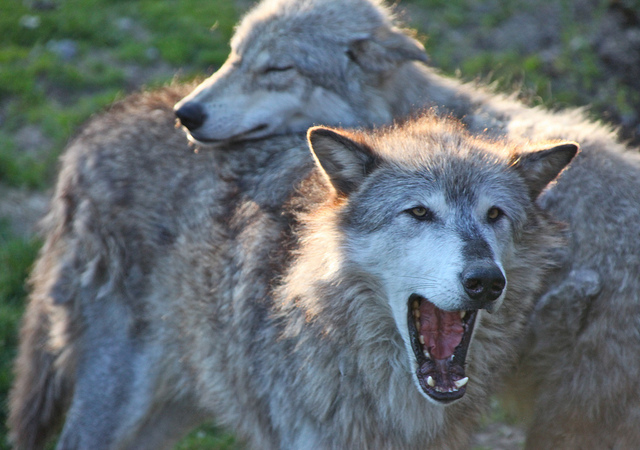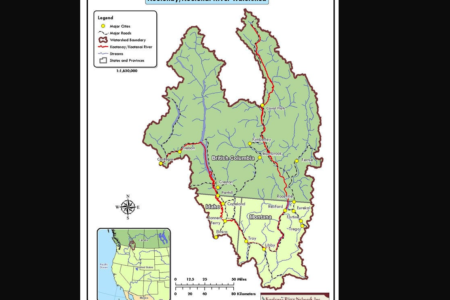Province stands firm on wolf cull plan despite fierce opposition
In the face of a petition from 60 environmental groups signed by 173,000 people from around the world, the province is standing firm in its stance that the wolf cull is needed to protect the dwindling mountain caribou population.
“While the ministry appreciates that this issue generates strong feelings on all sides, there are no plans to halt the program,” the Ministry of Forests, Lands and Natural Resource Operations said in an email.
“The decision to proceed with wolf removal was taken after careful analysis by ministry biologists, and the operational plans were peer reviewed by Dave Hervieux, co-chair of the West Central Alberta Caribou Standing Committee, and Dr. Stan Boutin, Alberta Biodiversity Conservation chair at the University of Alberta,”
The statement comes after environmental groups from across the country called on the government to put an end to the cull, which will see as many as 184 wolves killed across the province this winter – in an effort aimed at protecting the South Peace and South Selkirk caribou herds.
“Decades of habitat destruction and human encroachment have left BC’s mountain caribou on the edge of survival,” reads the petition hosted by Pacific Wild. “Instead of protecting critical food and habitat for caribou, such as the lichen rich interior forests, the BC government has now placed the blame on wolves. Over 180 wolves are now being targeted for aerial killing in the next two months. These highly social and intelligent animals, icons of our natural heritage, should not be killed because of government negligence. Killing all the wolves in BC won’t bring the caribou back in the absence of habitat protection.”
Meanwhile, the province conversation about the caribou must include wolves.
“Wolves must factor into any discussion on caribou recovery,” the ministry said. “The broader scientific community generally accepts that predation by wolves is the most important proximate factor limiting caribou recovery across Canada.
“The province’s Mountain Caribou Recovery Implementation Plan notes the need for predator control. The Mountain Caribou Progress Board and Science Team has consistently supported focused predator and prey management to assist in the recovery of the most vulnerable mountain caribou herds, citing predation as the most immediate impact to these herds.”
Locally, the Valhalla Wilderness Watch called the province’s actions a “huge cover up” that won’t do anything to save the caribou and is instead meant to compensate for a failure by the province to protect contiguous habitat for the animals and close their winter habitat completely to snowmobiles.
For its part, the ministry says it has protected a total of 108,000 hectares of caribou habitat from industrial logging, including 41,000 hectares in the West Kootenay (27,000 of which is protected by the Nature Trust as part of the Darkwoods Property).
The ministry adds that about 61,000 hectares of habitat is closed to snowmobile use.
When asked what is the status of the wolf cull, which started in mid-January of this year, the ministry said it will not be providing interim results, but they will be available when the cull is completed.
Image via USWFHQ, Flickr Creative Commons






















